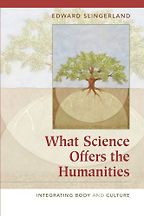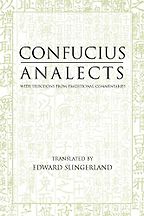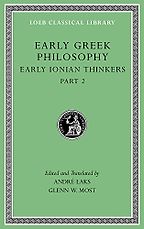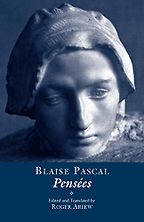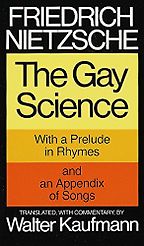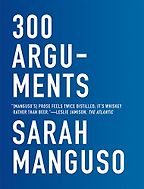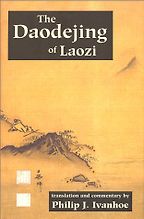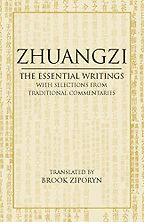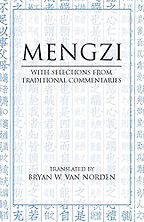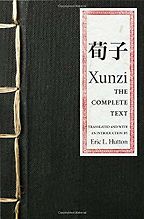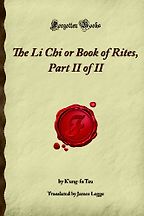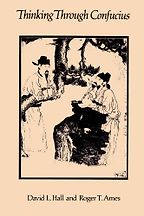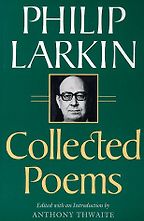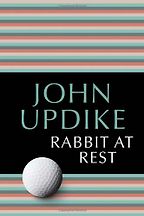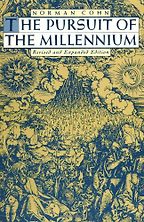Books by Edward Slingerland
What Science Offers the Humanities
by Edward Slingerland
Most of us in the humanities carry about us a set of assumptions about what the mind is, or what the nature of knowledge is, without any regard to the discoveries and speculations within the biological sciences in the past 30 or 40 years.
“It’s not written by Confucius himself. It is more a collection of anecdotes of how he engaged his students, almost in dialogue form. And in them, he comes off as a very charming, humorous figure, not at all dogmatic and very modern. I think that’s partly why he’s been so influential. There’s this view that Confucius was a conformist, but that’s partly because of the way Confucianism has been misused throughout Chinese history… Confucius himself, if you look at his model as an educator, very much encouraged a constant questioning and constant self-improvement and definitely not a conformist attitude to learning. Rather the opposite I’d say.” Read more...
Daniel A. Bell, Philosopher
Interviews where books by Edward Slingerland were recommended
The best books on Aphorisms, recommended by Andrew Hui
The unexamined life is not worth living; nature loves to hide; you can’t step in the same river twice. No doubt we’ve all grown up hearing aphorisms, but perhaps we take their importance for granted. Andrew Hui, the author of the first full book on the theory of the aphorism, guides us through the history of the short philosophical saying from Heraclitus to Nietzsche and beyond.
The Best Chinese Philosophy Books, recommended by Michael Puett
What do the sages of ancient China have to teach us about living in the 21st century? The Harvard professor and author of The Path, Michael Puett, recommends the texts you need to read to find out. He picks the best Chinese philosophy books.
The best books on Confucius, recommended by Daniel A. Bell
As Confucianism makes a comeback in China, Daniel A. Bell, a professor of philosophy at Tsinghua University in Beijing, lists which books to read for an understanding of Confucius and his legacy.
Ian McEwan on the Books That Shaped His Novels
Novelist Ian McEwan talks about five of the books that have helped shape his own, from the biography of a scientific genius to a treatise on the end of time, and discusses the importance of finding “mental freedom”
